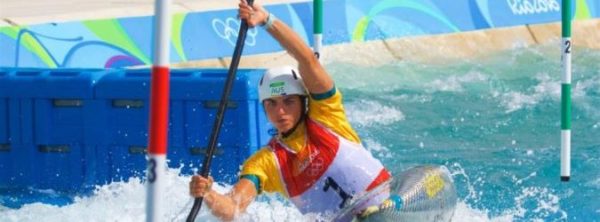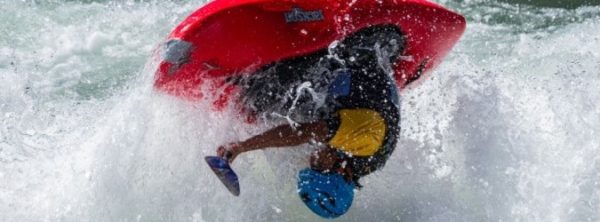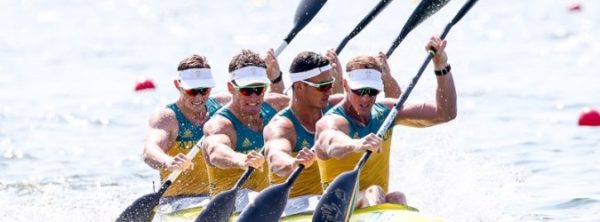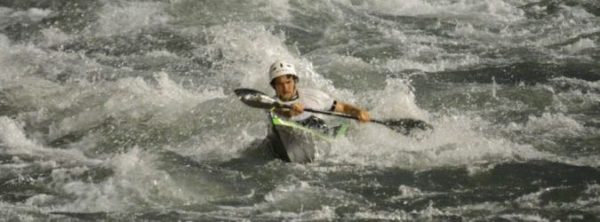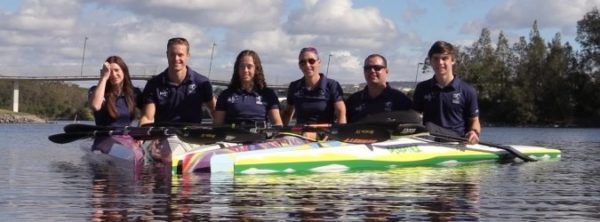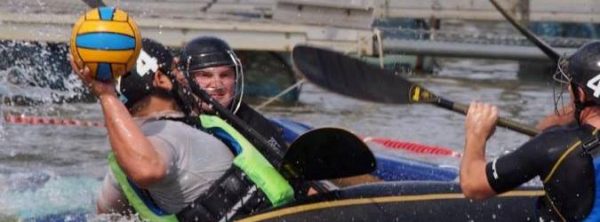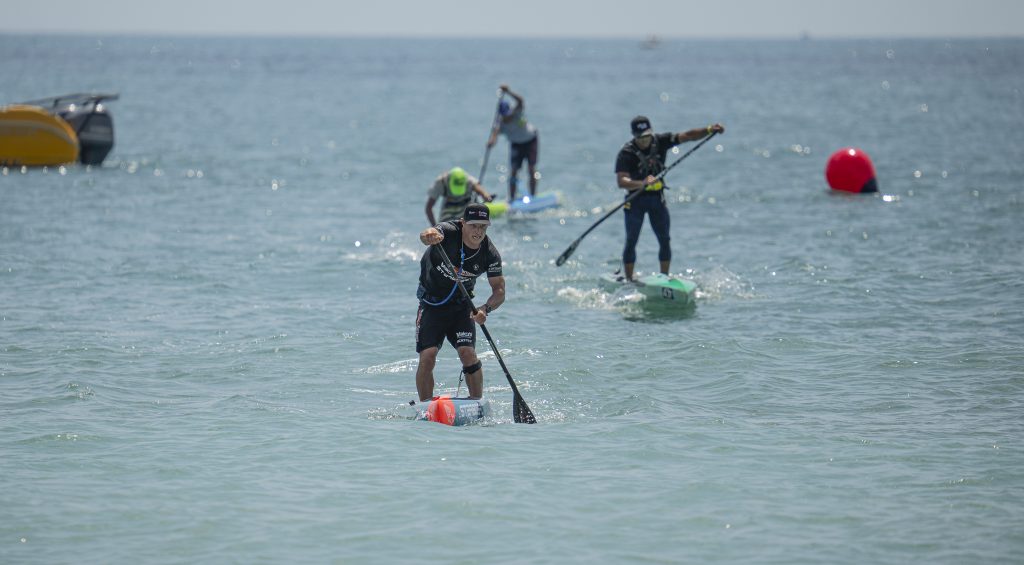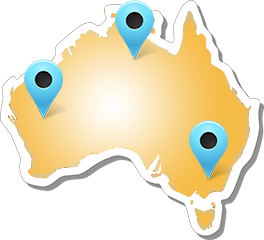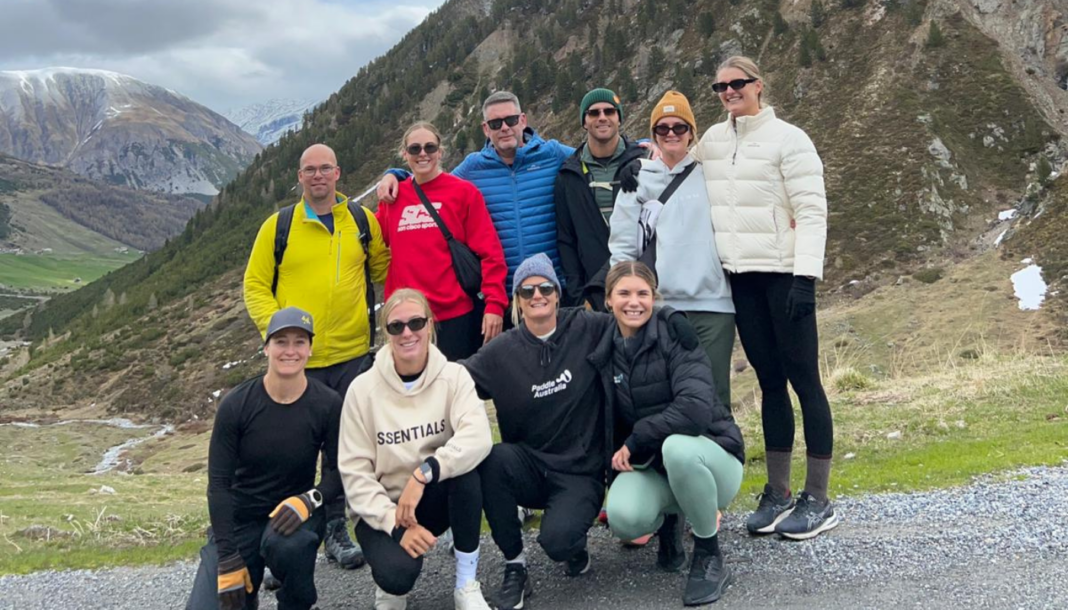When Rene Olsen’s crews take to the start at next year’s Paris Olympics, he wants every paddler to believe in themselves – and not just as athletes – but as people.
Olsen has coached in his native Denmark, New Zealand, Britain, and has been leading Australia’s women’s sprint kayak program since 2021. No matter where he’s based, Olsen says his coaching approach is consistent.
“One of my coaching philosophies is that we are talking about the whole person, we are not just talking about the athlete,” Olsen says. “I always have a philosophy that we need to make sure that the athletes do something meaningful outside the sport.
“I think if you have something outside paddling that makes you tick, then you actually develop into a better athlete. If you’re on the start line in the Olympic final or in the World Championships final, if the only thing you have is if this result goes your way, then you actually become more nervous. I feel when you have something outside [sport] that makes you a wholistic person, you actually can give more in pressure situations.”
With the support of Paddle Australia Athlete Wellbeing and Engagement Manager Matt Murphy, Rene prompts athletes to study or work, not just thinking about their career after sport, but helping to balance their lives while still competing.
For Olsen, a former elite paddler who represented Denmark in World Cups and World Championships, it is important to see things from the athlete’s perspective.
“Every athlete is different,” he says. “I think it’s important we treat athletes as individuals and we’re not just trying to get our own [coaching] philosophy to fit every single athlete … I should be able to adapt my coaching philosophy to fit the athlete, not bend the athlete to fit the coaching philosophy.
“I’m not forcing any athletes to do anything specific but instead give my best advice based on what I see however, at the end of the day, it’s the athlete’s choice on how they drive their career. I think it’s very important as a coach, you respect that, especially with athletes that have a lot of experience, if they feel something else is better for them, you have to empower them and support that.”
Olsen left Denmark a decade ago to expand his coaching opportunities, initially to New Zealand where he set a blueprint for their first women’s teams. He then took over as Head Coach of British Canoeing for the Tokyo 2020 Olympic campaign.
Olsen was attracted by the opportunity to join Paddle Australia as part of a centralised program on the Gold Coast, with responsibility for leading the women’s program.
“I think there’s a huge talent in Australia. I think [the test] is how progressive and connected can that be over the next Olympic cycles, not so much into Paris, but more going into LA [2028] and definitely going into Brisbane [2032] … I think that’s going to be very exciting.”
By connected, Olsen is referring to a strong internal culture and robust partnerships.
Olsen says the depth and culture within the women’s sprint kayak program is progressing nicely.
“We are in a really good place that we are not hanging everything on one or two athletes, but we have a wider group who we can put in different kinds of combinations and they’re all performing very well on the world stage.
“We’re getting to a good place with the culture in our team … I think we’ve moved a long way over the last two years in the women’s program, making sure that we’re looking for what is good for the broader team and not only what is good for the individual.”
Olsen credited Paddle Australia’s enhanced focus on pathway programs. He says it’s encouraging to see how Australia’s high performance sport system works together.
“I think the national program can help inspire the nation to make sure that we get younger athletes in, but at the end of the day it is the State Institute and Academy Programs who will deliver the fundamentals of the athletes coming in,” Olsen says.
“I think the work we’re trying to do with the Australian Institute of Sport and wider national network system has been incredibly valuable. As example we have just worked on a project with the AIS innovation team about delivering force-measuring foot plates for the crew boats that help us really deliver these boats to an even higher level. Everyone is engaging and working together and there is a lot of energy, expertise and momentum across the system.”

